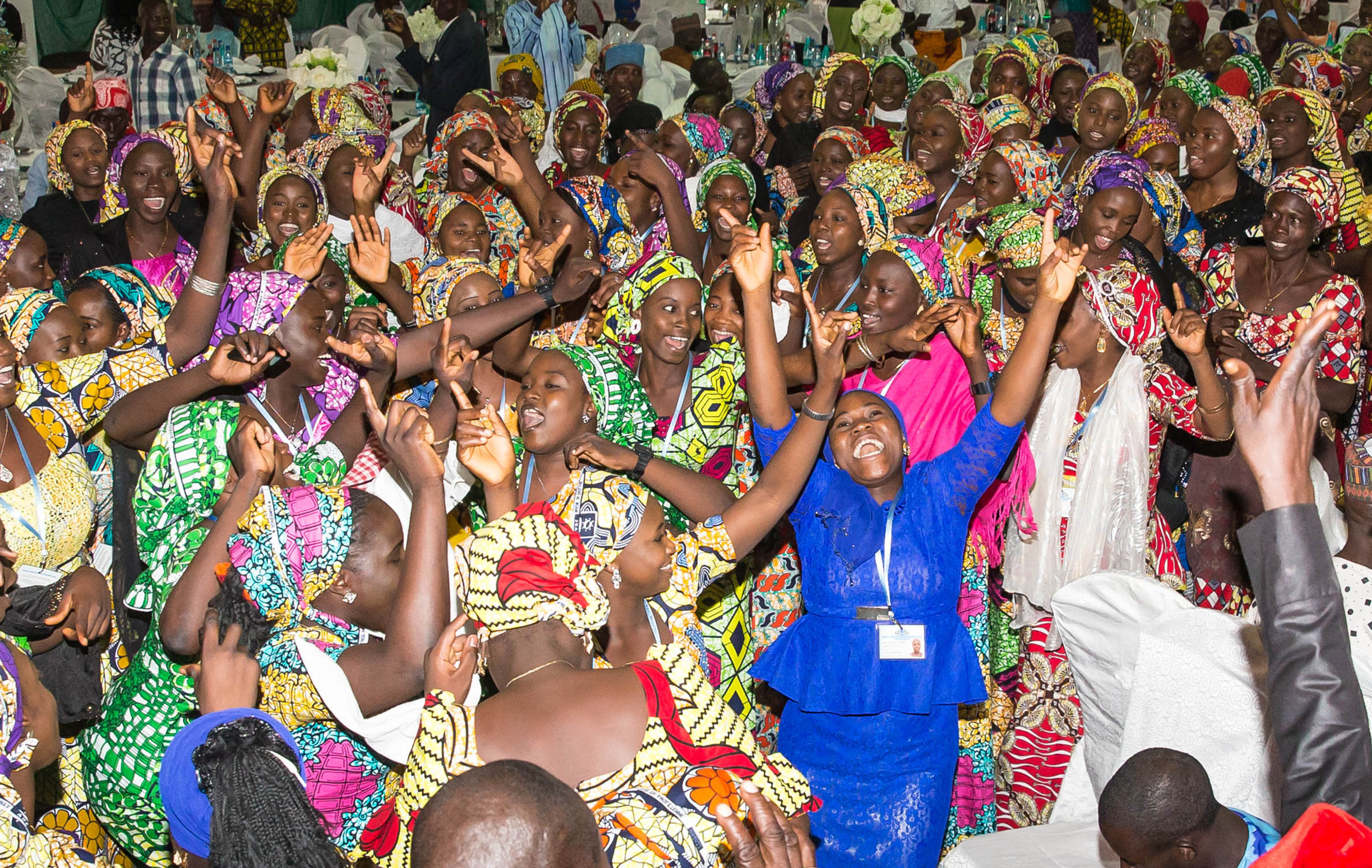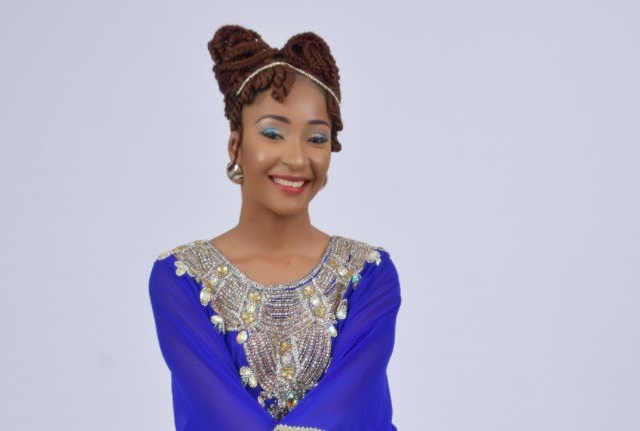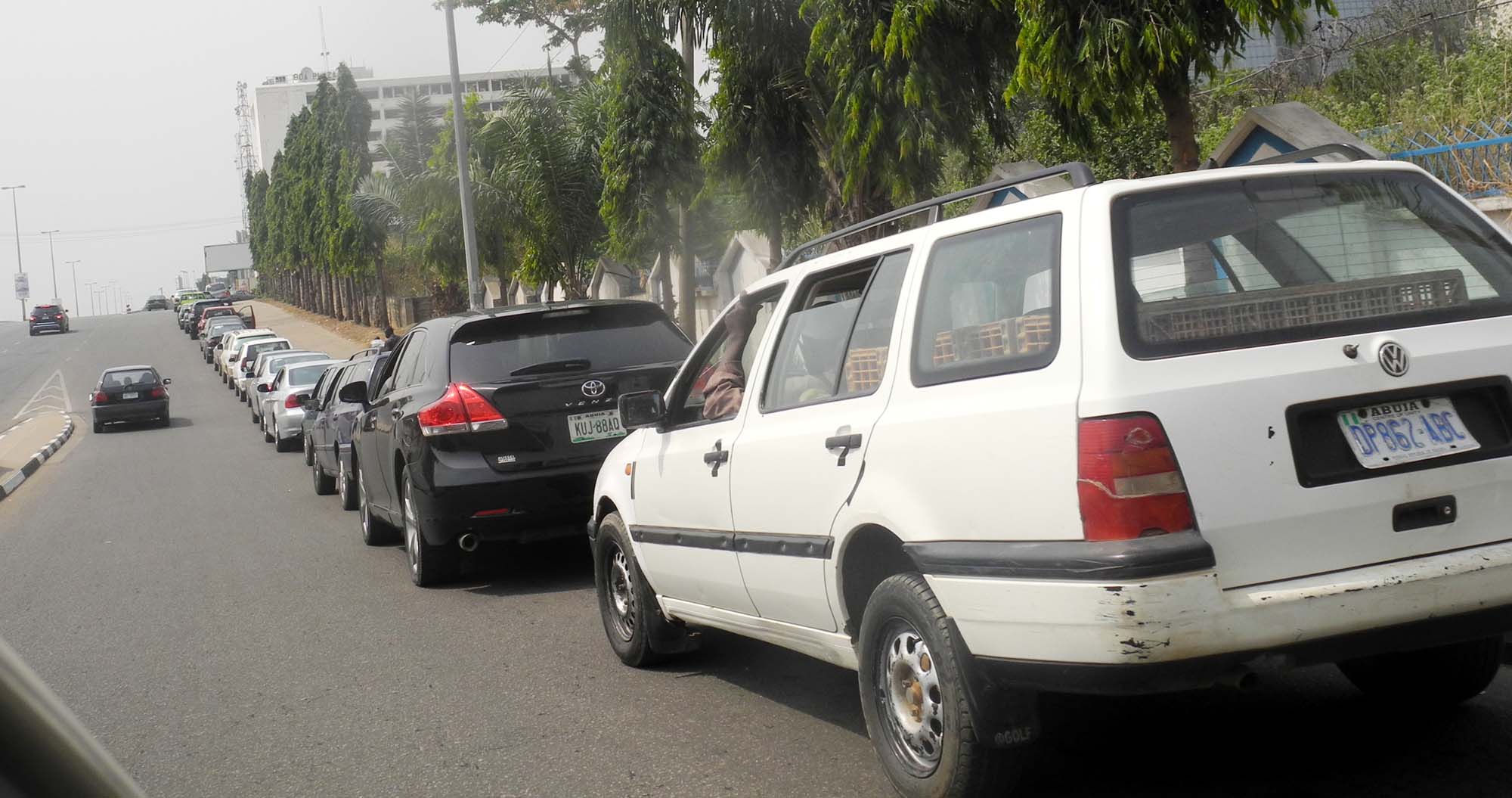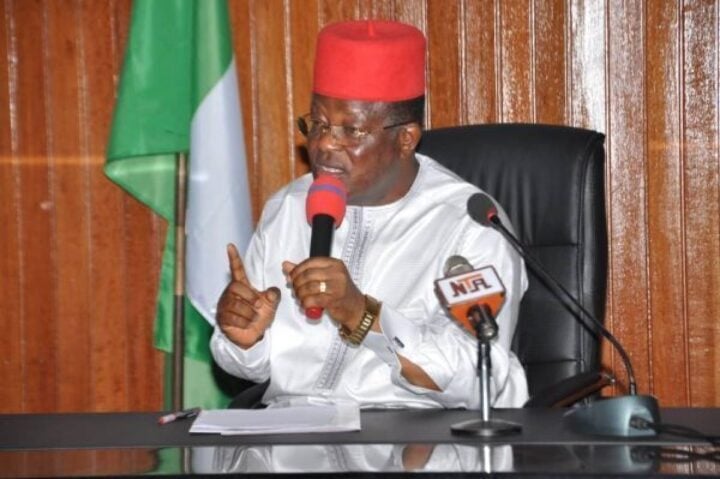Cross Section of the freed Chibok School Girls dance and praises God
With smiles all over her face, Amina Ali is now finding fulfilment as she is back in school. Her education was almost stolen when on April 14, 2014, Boko Haram stormed Government Girls’ Secondary School (GGSS), Chibok, Borno state, and abducted her and 218 other schoolgirls. Most of them were preparing for their secondary school final examinations.
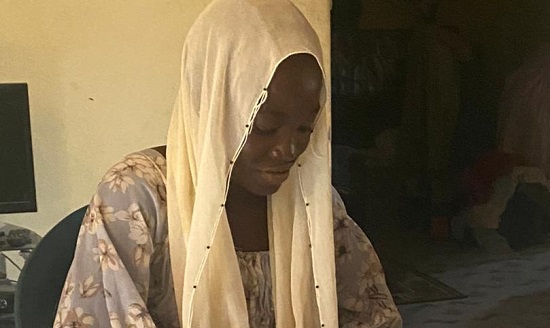
She does not want to talk about the experience that evening when TheCable visited her in Mbalala, her home, a few kilometres away from Chibok, where she is spending the holiday. It was a hell she had survived, being one of the 103 that have so far been rescued, in the last seven years. In fact, Ali will be the first of the girls to be rescued. After two years in Boko Haram’s den, Ali was found around Kulakaisa area on the fringes of Sambisa forest by vigilantes from Chibok on patrol in May, 2016.
“Nothing brings me joy than the fact I am back in school,” Ali who is now enrolled in a pre-university programme at the American University of Nigeria (AUN), Yola, said.
The Chibok girls’ abduction was followed by a global outcry that birthed the #BringBackOurGirls movement. As soon as some of the girls were rescued, the responsibility fell on the federal government to ensure they were back in school and being taken care of.
Advertisement
THE RESCUED GIRLS PICKING UP THE PIECES
It was not going to be an easy task convincing the girls to return to school as most of them are traumatised. For months, the government continued to send delegations to reach out to the girls through their parents, on the need for them to return to school and or do something meaningful with their lives.
For Ali, things are already taking shape. Now taking subjects in the arts, she looks forward to becoming a lawyer.
Advertisement

“I am really enjoying the university preparatory classes, and I am planning to go back to school as soon as we resume. I take classes in Literature, Economics, English, Mathematics, and my plan is to study law,” Ali who will be rounding off the preparatory class this year said.
Although most of the other girls had gone to their villages for the holiday at the time TheCable visited Chibok, Yakubu Nkeki, chairman of the girls’ parents association, explained that they have been able to put about 80 of the rescued girls in school.
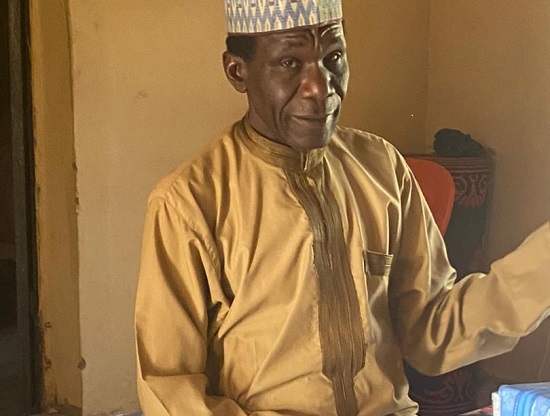
“It took one year before we were able to get some of these girls back to their senses,” he said.
Advertisement
”As soon as they were rescued, they were first taken to for rehabilitation.
“You can’t just send them home like that; these are girls who have spent years in the bush with Boko Haram. Their minds are already changed and they don’t think like the normal person. We had an instance where one of the girls, who apparently had been sexually engaged with one of their abductors, started crying that she wanted to return to the bush to meet her ‘husband,’” Nkeki said.
In fact, after about a year in rehabilitation, a few of the girls when returned home still started misbehaving, and they had to be returned for rehab.
About 10 of the girls, Nkeki said, had refused returning to school.
Advertisement
“We tried all our efforts to help them but they just wanted to go home after the rehab,” he said.
Two of the girls, however, returned to Nkeki, asking that they be enrolled with the other girls in Yola. The girls, Nkeki said, were offered a casual job by one non-governmental organisation (NGO), but the NGO wants them to at least have WAEC results.
Advertisement
As Nkeki could not immediately put them in the school in Yola, he created a classroom for them, using a section of his big sitting room. He then went further to engage retired teachers and principals to come prepare them for the examinations.
“These girls passed, and in fact, away from the NGO casual job, they are now aiming for university education,” he said.
Advertisement
A few of the girls had also gone into small business, while a few others have got married.
With the support of the government and some NGOs, those who are now doing business were given start-up funds.
Advertisement
“About three of them went into tailoring, and we got them machines and other equipment needed to work,” Nkeki said.
N10,000 MONTHLY STIPEND FROM THE GOVERNMENT
Whether or not a rescued girl is in the Yola school, each of them enjoys a monthly N10,000 stipend from the government. This is another way the government is trying to encourage the girls.
Besides the money, there is also a monthly provision of sanitary pads and other essentials for the girls.
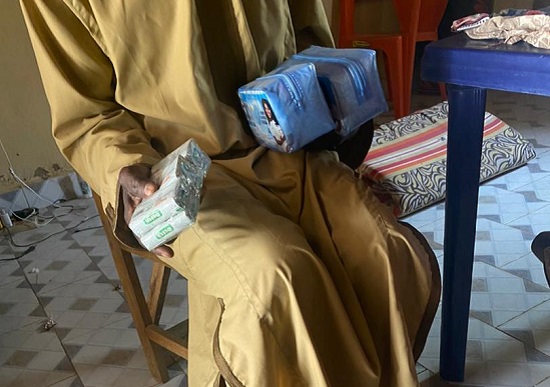
A few of the parents who spoke with TheCable in Chibok said nothing could be more relieving than the intervention from the government.
A store was shown TheCable where hundreds of packs of sanitary pads still awaiting collection were kept.
“The government sends these things from Abuja regularly,” Nkeki, who takes custody of the items, said.
“At some points, I have to go look for these girls and deliver the items to them myself, since some of the girls could not come down here,” he added.
Not only the girls have been beneficiaries, their parents have not been left out.
“Just last year in November, the government gave all 219 parents two bags of rice each and cooking oil. They were also given a token of money to support themselves and families. About 200,000 for each parent,” Zana Lawal, secretary of the parents association, said.
‘WIFE OF BOKO HARAM’ — THE DISTURBING STIGMA
After months of getting the girls rehabilitated, a sad experience that awaited them was stigmatisation. The girls were seen as outcasts, even by some of those they grew up with.
While in captivity, Boko Haram had threatened to sell them as slaves or marry them off.
It has been years now that Ali and some of the other girls were rescued, but they still live in fear in their own communities.
They cannot walk around their neighbourhood without being called unpleasant names.
“I cry anytime I hear people refer to me as the wife of Boko Haram,” one of the girls said.
She did not take it kindly with some boys one evening when she walked past them and they mocked her, calling her that name she detested.
“I picked stones and aimed at their heads,” she said.
Little has been done to sensitise the community on the need to accept the girls, but the leader of the parents said they are working on an advocacy towards that.
STUDENTS CAN NOW SIT FOR WASSCE IN CHIBOK — AFTER SIX YEARS
GGSS, the only senior secondary school in Chibok LGA, was immediately shut in 2014, following the attack and abduction of the girls.
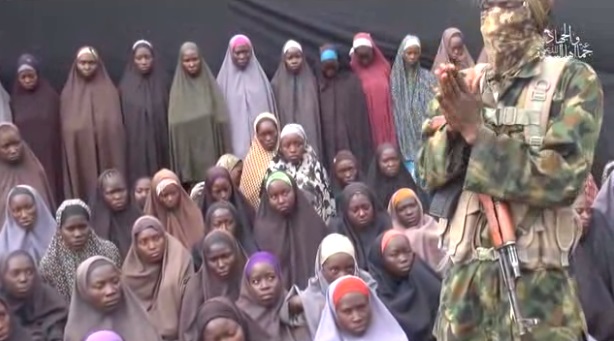
Before then, the school had served female students from many communities under the LGA. As soon as female pupils were done with primary or junior secondary school education in their respective villages, they move to GGSS for senior secondary school classes and subsequently sit for their WAEC examinations.
But in the past five years, students were taken to schools in Maiduguri, the state capital, to sit for their WAEC examinations.
“Six years now, there has been no WAEC here, but by the grace of God, we held WAEC exams right here in Chibok in 2020,” an excited official of the school told TheCable.
“In those past years, we only used to prepare the students for the exams before moving them to Maiduguri. They will stay there for like two months to take the WAEC and NECO exams.
“But last year, we observed an improvement in security around Chibok, so we went to meet with the commissioner of education, asking that the exams be held here. We assured him that soldiers have been surrounding everywhere in Chibok in the past five years, and the students should be safe to write the exams.”
He added that 338 candidates sat for the examinations in 2020, and at least another 300 have now registered for the examinations in 2021.
GGSS REBUILT BUT LACKS EQUIPMENT FOR LEARNING
Since the 2014 attack, GGSS has operated from the Chibok Central Primary School, just about a kilometre away.
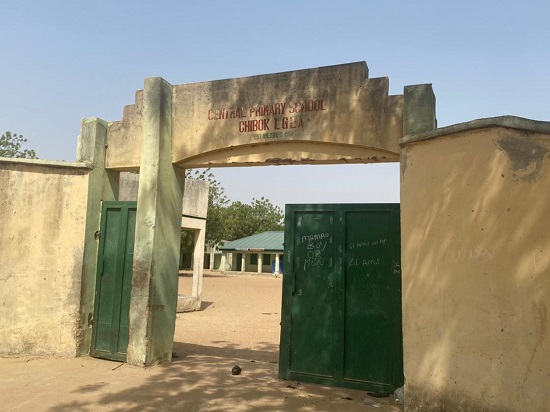
While primary school pupils, the original occupants, attend classes in the morning, the school serves GGSS students in an evening shift.
After many months, the Nigerian Army engineering corps was tasked to take GGSS out of its ruins.
The army would spend the next years, trying to rebuild the school, until November 2020 when the Borno state government took over the project.
The school building now completed and awaiting inauguration by Babagana Zulum, governor of the state, at the time TheCable visited, still lacks some equipment needed to aid learning.
“We will need a central generator to power our laboratories and hostels as there has been no power in Chibok,” another official told TheCable.
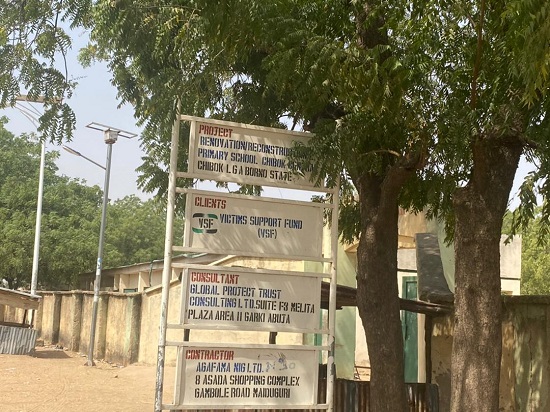
“We need textbooks for the students. We also need equipment for our biology, chemistry, physics and agricultural laboratories.
“Many government officials have been coming here to note these things, but we’ve not had any feedback. We have also written letters to the government, informing them of these needs, but no response yet.”
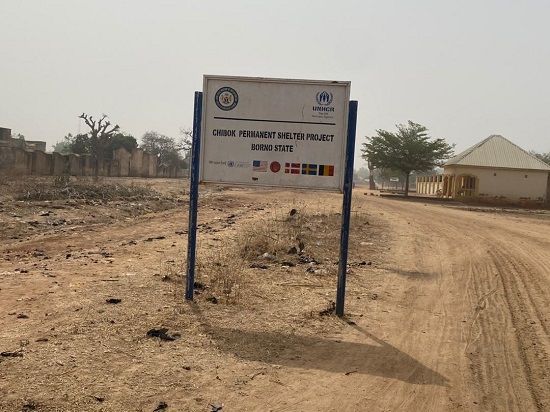
But he added that the new school building has 36 classrooms and desks, which he said will be sufficient.
This is a special investigative project by Cable Newspaper Journalism Foundation (CNJF) in partnership with TheCable, and supported by the MacArthur Foundation. The publication is not the view of the MacArthur Foundation.
Add a comment

